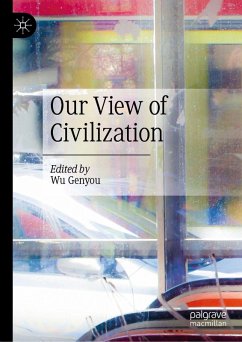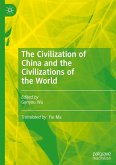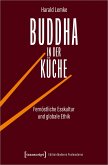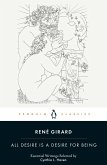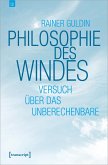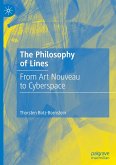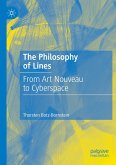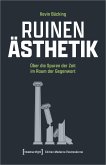This book explores three core themes centered on civilizations and their interactions. First, it addresses theoretical issues of "dialogue among civilizations," with Zhao Dingxin using "embeddedness" to examine key topics like dialogue subjects, contextual specifics, textual foundations, and voices of weaker civilizations. Wu Genyou outlines "civilized" narrative typologies and reinterprets Du Weiming s theory, proposing a shift from "dialogue among civilizations" to "dialogue with civilization."
The second theme focuses on religion, philosophy, and Sino-Western aesthetics through comparative philosophy, covering links between comparative philosophy and civilizational dialogue, religious similarities and differences (e.g., Chinese religions vs. Christianity), contributions of Confucianism, Buddhism, Taoism, and Chinese rituals to Asian civilization, and concepts like "conceptual Asia" and "civilized Asia."
Third, it investigates "river and civilization" a pivotal topic given rivers role in human civilization origins pioneered by Feng Tianyu, and includes Wu Genyou s dedicated discussions on Wang Fuzhi s "civilization" history.
This book is suitable for scholars and general readers interested in Chinese culture, civilizations, and cultural exchange.
The second theme focuses on religion, philosophy, and Sino-Western aesthetics through comparative philosophy, covering links between comparative philosophy and civilizational dialogue, religious similarities and differences (e.g., Chinese religions vs. Christianity), contributions of Confucianism, Buddhism, Taoism, and Chinese rituals to Asian civilization, and concepts like "conceptual Asia" and "civilized Asia."
Third, it investigates "river and civilization" a pivotal topic given rivers role in human civilization origins pioneered by Feng Tianyu, and includes Wu Genyou s dedicated discussions on Wang Fuzhi s "civilization" history.
This book is suitable for scholars and general readers interested in Chinese culture, civilizations, and cultural exchange.

